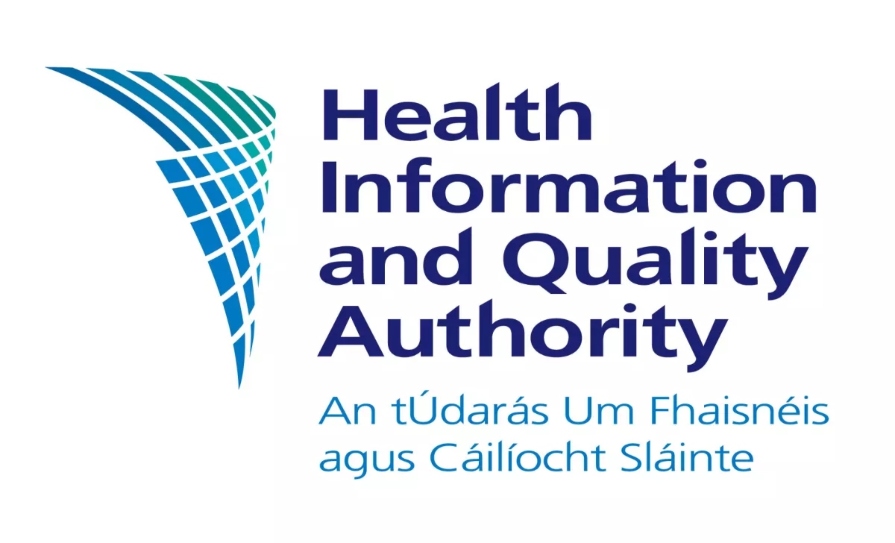A review of information management practices in the HSE Computerised Infectious Disease Reporting (CIDR) system has been published by HIQA today.
CIDR is Ireland’s system for surveillance of notifiable infectious diseases such as influenza, meningitis, hepatitis and tuberculosis. It is one of the most important collections of health data within the HSE and is managed by the Health Protection Surveillance Centre (HPSC).
The public health service in Ireland relies heavily on the information that is held in CIDR to be able to monitor and control infectious diseases. Approximately 260 users in clinical laboratories, Departments of Public Health and the HPSC use CIDR on a daily basis for the notification, monitoring and control of infectious diseases.
The HIQA review makes eight recommendations aimed at improving information management related to CIDR.
Ms Rachel Flynn, Director of Health Information, HIQA, said: “To ensure that Ireland has the best possible protection against infectious disease, high quality information is vital; it is therefore extremely important that the HPSC and the wider public health system implement the recommendations made by HIQA.
“Complying with the Information Management Standards will improve the quality of national information on infectious disease and will help to instil confidence in patients, clinicians and all other stakeholders that Ireland is as well-prepared as it can be to deal with emerging threats from infectious diseases.”
HIQA identified a number of shortcomings in relation to the current governance arrangements at CIDR.
The system was established with a national oversight committee in place, but HIQA concluded that this committee isn’t currently providing effective oversight for CIDR. Additionally, the Director position in the HPSC was vacant for a three-year period, which meant that, during that time, there was no dedicated senior person responsible for the service.
Towards the end of the review process, the HSE addressed this deficiency by appointing an Interim Director for the HPSC and by advertising a new post as Clinical Director for Health Protection in the HSE. These appointees should assist in addressing some of the governance gaps that need to be addressed.
HIQA has also identified the need to develop an overarching strategy for information management across the public health service, incorporating CIDR as part of this.
Ms Flynn continued: “The Sláintecare report, which outlines the priorities for the Irish health services over the next ten years, emphasises the importance of quality health data and information to drive improvements in the future of healthcare in Ireland.
“Additionally, major reform of the public health services is also due to take place in the coming years. It is essential that there are ‘fit for purpose’ information systems in place to support the delivery of public health services into the future. CIDR would be one element of this system. The HSE should use this opportunity to develop an overarching strategy for information management across the public health system. The timing of this review of CIDR is therefore particularly opportune as it coincides with the plans for re-structuring of public health services in Ireland.”
HIQA also highlighted that the HPSC demonstrated good practices in a number of areas including information governance and IT security. The review found that while the HPSC has a strong focus on data quality, there is a need for them to develop an overarching data quality framework.













Leave a Reply
You must be logged in to post a comment.